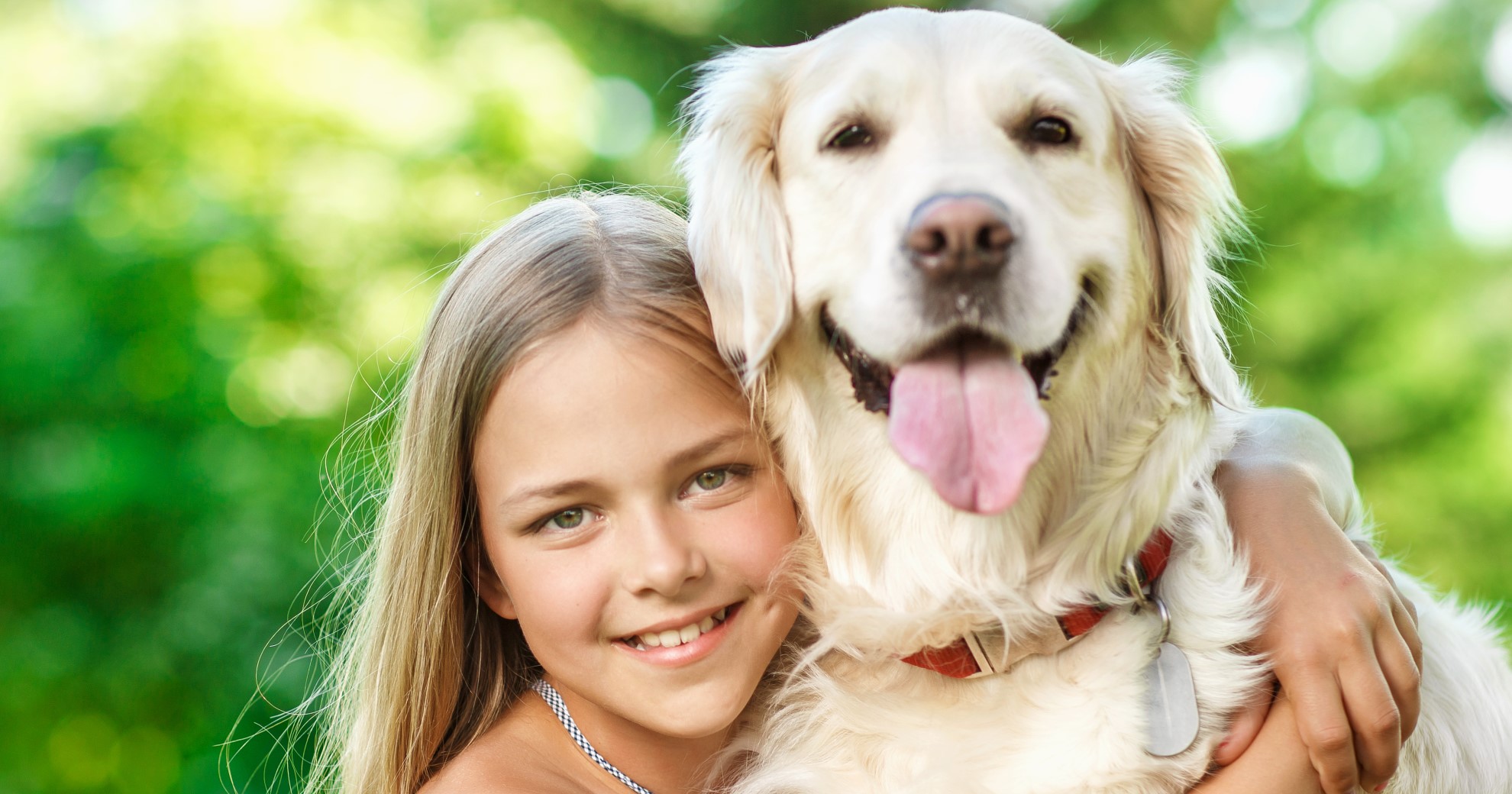HEALTH & WELLNESS

TRENDING
Companion Animals and Coronavirus

Humans and Pets and COVID-19
COVID-19: A HUMAN DISEASE
COVID-19 is a new disease named on 11 February 2020, following guidelines previously developed with the World Organisation for Animal Health (OIE) and the Food and Agriculture Organization of the United Nations (FAO).
The disease is coronavirus disease (COVID-19). The name of the new virus is severe acute respiratory syndrome coronavirus 2 (SARS-CoV-2).
Current evidence suggests that transmission of SARS-CoV-2 occurs primarily between people through direct, indirect, or close contact with infected people through infected secretions such as saliva and respiratory secretions, or through their respiratory droplets, which are expelled when an infected person coughs, sneezes, talks or sings.
Other Human Coronaviruses
Coronaviruses are a large family of viruses; some coronaviruses cause cold-like illnesses
in people that range from the common cold to Middle East Respiratory Syndrome (MERS). About 20 percent of colds are the result of a human coronavirus.
SARS-CoV-2, the virus responsible for COVID-19, originated from wild animals (likely bats). Due to mutations that created a new virus, it developed the ability to infect humans and spread efficiently from person to person.
CANINE AND FELINE CORONAVIRUSES
Animal species have their own coronaviruses that cause a variety of illnesses. Canine and feline coronaviruses are very common and infect only animals and do not infect humans. Common animal coronaviruses are:
- Canine Coronavirus (CCoV) is a highly contagious intestinal infection in dogs which doesn’t affect humans. There is a vaccine for canine coronavirus, but it doesn’t prevent or treat COVID-19 in humans.
- Feline Coronavirus (FCoV) is a common viral infection in cats. It is generally an asymptomatic infection, but can cause mild diarrhea. Currently it is thought that the virus can give rise to variants that lead to the development of feline infectious peritonitis (FIP). Most cats infected with a FCoV eliminate the virus following infection, but some cats may develop a persistent infection.
COVID-19 AND ANIMALS
A few dogs and cats living with COVID-19 patients have tested positive for the presence of the virus. Currently research is ongoing in multiple species to study how animals may be affected.
Based on the limited information available to date, the risk of animals spreading COVID-19 to people is considered to be low. There is no evidence to suggest that a naturally infected animal is capable of transmitting infection back to humans.
Can Companion Animals spread Coronavirus (COVID-19)?
According to the World Health Organization (WHO), there is currently very little evidence that companion animals such as dogs or cats can become infected with COVID-19.
COVID-19 is spread from person to person; the risk to animals is very low and the risk from animals is even lower.
Healthy Habits Around Pets
In the United States, based on the limited information available to date, the risk of animals spreading COVID-19 to people is considered to be low. However, because all animals can carry germs that can be transmitted to people and cause disease, it’s always a good idea to practice healthy habits around pets. These practices include:
- Staying as healthy and safe as possible. That means taking the necessary hygiene steps and avoiding risks.
- Washing your hands after handling animals, their food, waste, or supplies.
- Practicing good pet hygiene and cleaning up after pets properly.
- Being aware that children 5 years old and younger and people with weakened immune systems, and older adults are more likely to get sick from germs some animals can carry.
- Keeping pets indoors when possible and do not let them roam freely outside.
- Avoiding public places where a large number of pets or people gather.
Talk to your veterinarian if you have questions about appropriate products for bathing or cleaning your pet or if you have any concerns about your pet’s health.
Related Articles







